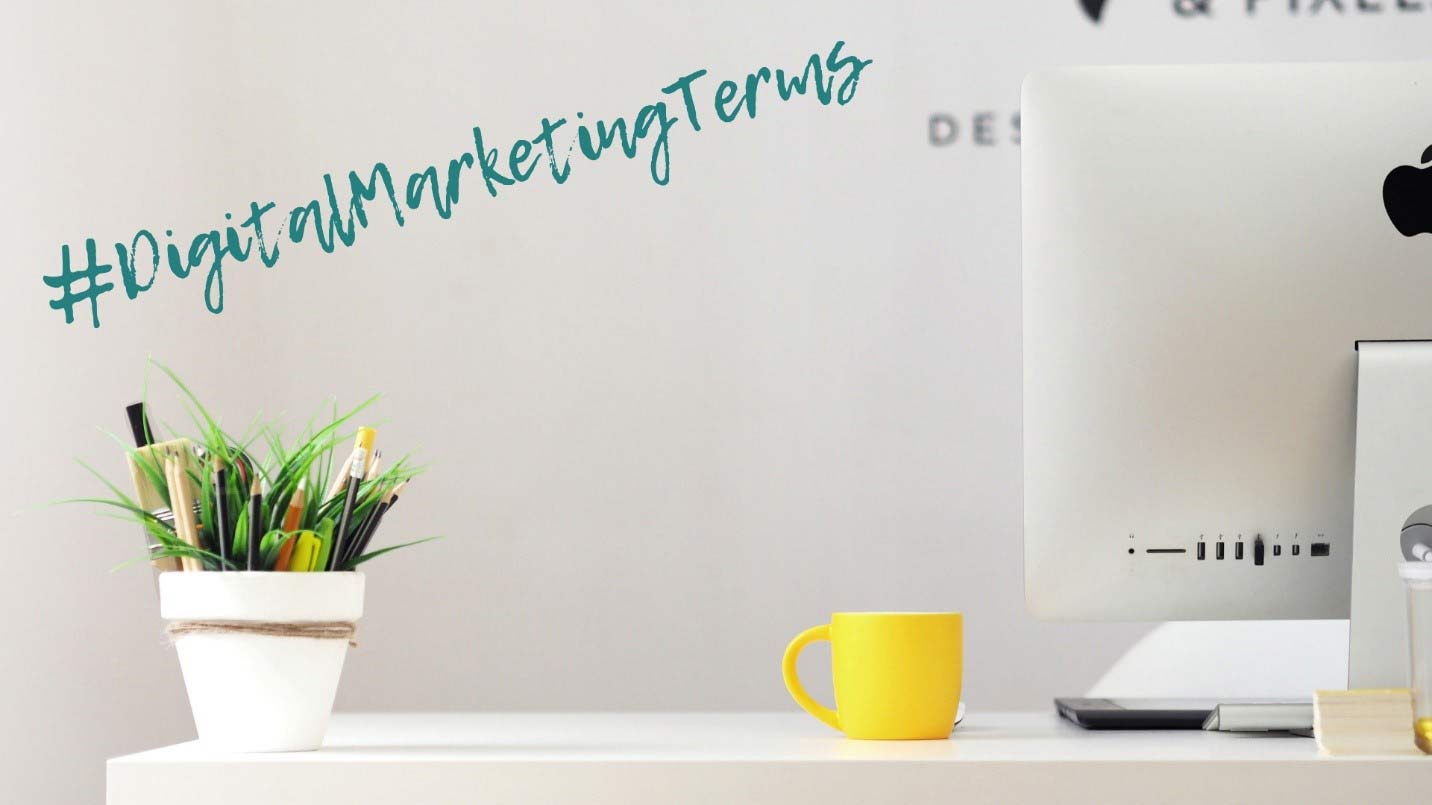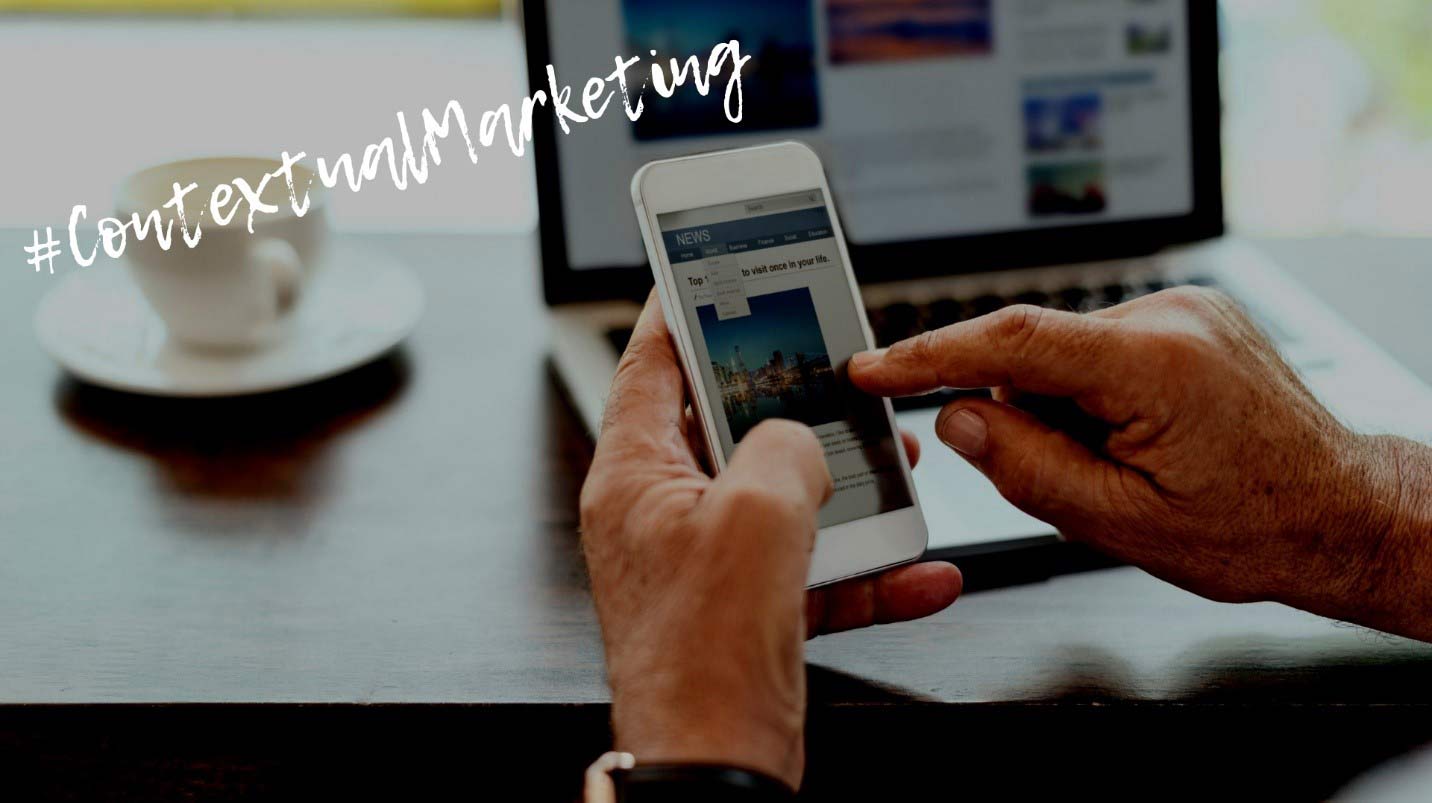A new year represents a fresh start, and we all have our own personal resolutions and goals. Chances are that you have some goals for your business as well, and a great way to effectively increase sales is to be ahead of the competition in your understanding of digital marketing terminology. With a keen awareness of the upcoming trends in brand promotion, you’ll be well-equipped to capitalize on changes in the market and take your business to the next level.
A new year represents a fresh start, and we all have our own personal resolutions and goals. Chances are that you have some goals for your business as well, and a great way to effectively increase sales is to be ahead of the competition in your understanding of digital marketing terminology. With a keen awareness of the upcoming trends in brand promotion, you’ll be well-equipped to capitalize on changes in the market and take your business to the next level.
Take a look at these “digital marketing terms to know” to bring in the new year with a new appreciation for the latest and greatest the industry has to offer.
Artificial Intelligence
The first buzzword in your 2019 online marketing glossary is less of a term and more of a growing trend. Artificial Intelligence first came into the marketing scene a few years ago and has only become more commonplace over time, with technology continuing to advance. One of the most obvious applications for artificial intelligence is in the use of chatbots on websites and social media for easier customer support. However, AI has advanced to the point where it can be implemented in other aspects of a marketing campaign as well.
While it’s not yet a substitute for an expert marketing agency, AI can serve as a valuable tool for putting together an advertising campaign. With the ability to parse huge amounts of data and help guide marketing decisions using the company’s previous sales metrics, artificial Intelligence shows potential in nearly every aspect of marketing – ranging from social media management to search engine optimization and even website layout.
Artificial intelligence shows tremendous promise, and we’ll really start to see it implemented on a wider scale in 2019.
Buyer Persona
With all of the tools marketers now have at their disposal, it’s more important than ever before to determine the exact audience that you’d like to market to. You’re familiar with your product and the types of people who enjoy it, so it’s important that marketing efforts be tailored to attract people who are already likely to buy from the company. There’s little reason to focus marketing efforts on the general population when demographic targeting allows you to zero in on very specific groups.
The person you anticipate purchasing your product most frequently will make up a “buyer persona.” This could be something like “mid-40’s suburban housewife” or “male millennial college students.” This persona should ideally be informed by existing customer demographic data in order to guide the content and format of marketing campaigns.
Lookalike Audiences
One of the more advanced digital marketing terms to know is the idea of lookalike audiences. This is a feature on Facebook that allows you to market to a nearly identical group that matches those who have already engaged with your advertisements.
The most obvious application of lookalike audiences is the ability to advertise to people similar those who have purchased a product, but it can assist with other marketing goals as well. Whether you’re trying to focus a campaign on those who are likely to like a page or even those who will share your sponsored content with their friend group, Lookalike audiences allow you to focus on the buyers that count.
There are multiple ways to target a lookalike audience on Facebook, ranging from uploading a list of current customers to putting a “pixel” in your website code to collect demographic data on visitors. Regardless of the method you choose, you can take advantage of the social network’s custom audience tool to get more mileage out of your advertising.
A/B Testing
While A/B Testing is by no means a new entry to the field of digital marketing, it’s a fundamental part of advertising that will remain relevant far into the future. While brand promotion trends come and go, there will always be value found in testing different types of advertisements and measuring their effectiveness.
A/B Testing is applicable to most any type of online content that you intend to serve to customers, ranging from Facebook ads to web page layouts, to the content of an email marketing campaign.
The process is simple and is just a matter of coming up with two different options and displaying them to similar portions of your target demographic. By consistent A/B Testing over time, you can gradually narrow down your marketing options from nearly unlimited choices to the specific formats that maximize your returns.
If there’s one digital marketing practice you really need to master, it’s A/B Testing. While there is plenty of research to give you a starting point for marketing campaign development, finding the ideal setup remains a holistic process that requires a lot of trial and error. It may be a bit of a hassle, but all of that effort will pay off in massive growth for your business.
Contextual Marketing
Wrapping up our list of digital marketing terminology for 2019 is the idea of contextual marketing. In the simplest terms, contextual marketing refers to targeted advertising that is served to customers at specific moments.
You may have noticed ads on websites for products you were previously viewing online, and this is no coincidence. You can leverage the power of contextual marketing to track user behavior and use their browsing habits to maximize conversions.
Displaying an ad to potential customers that were close to making a purchase but didn’t quite convert can be far more efficient than trying to draw in brand new customers. Information collected on the way customers interact with your site can also be used to guide the creation of content in the future.
From drawing in would-be customers after they’ve left the site, to well-placed advertisements that guide visitors towards a sale on your company product page itself, the timing of advertisements is nearly as important as the content when it comes to effectively maximizing conversions.
Call fishbat digital marketing firm at 855-347-4228 to start your free consultation.




